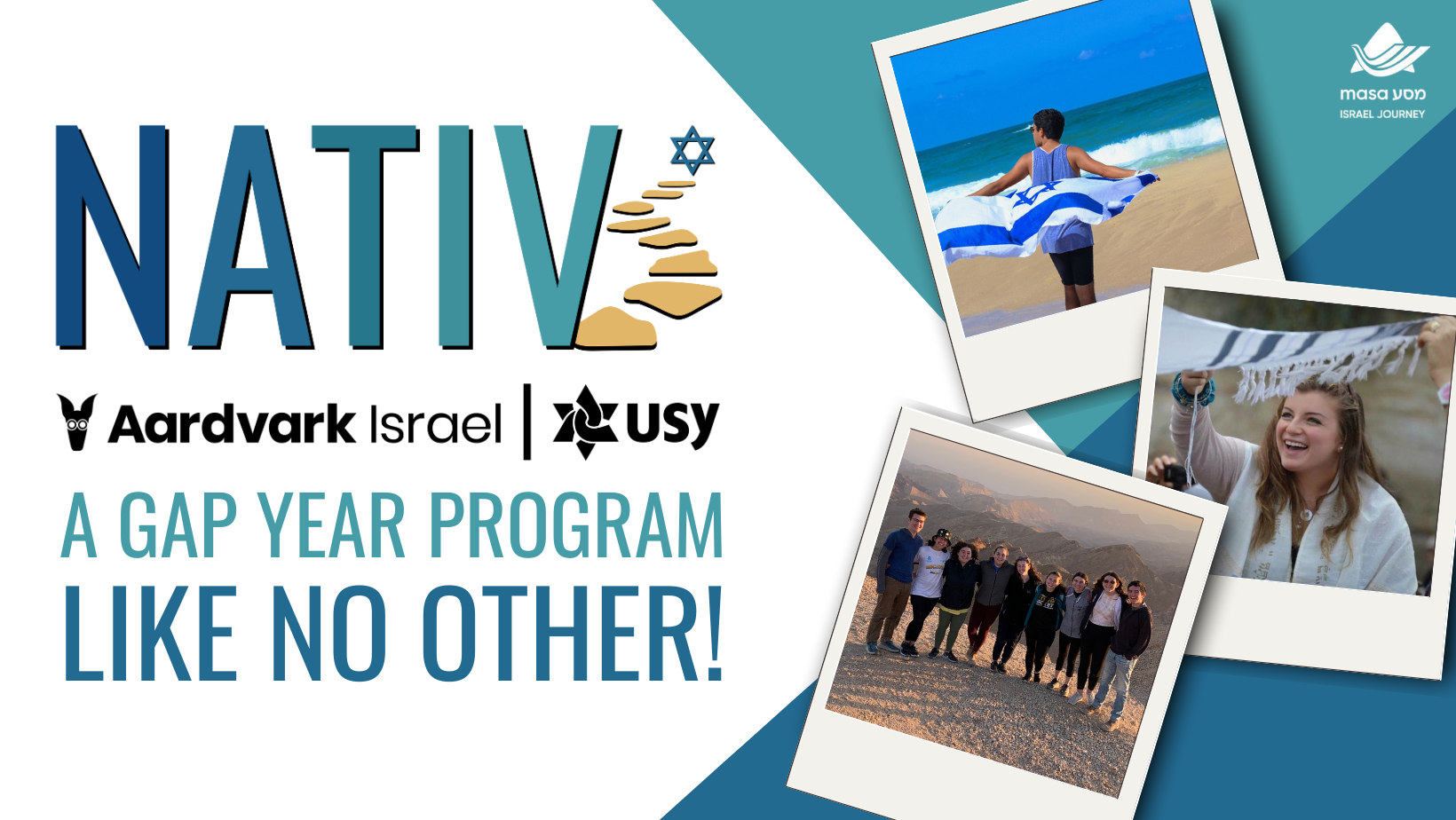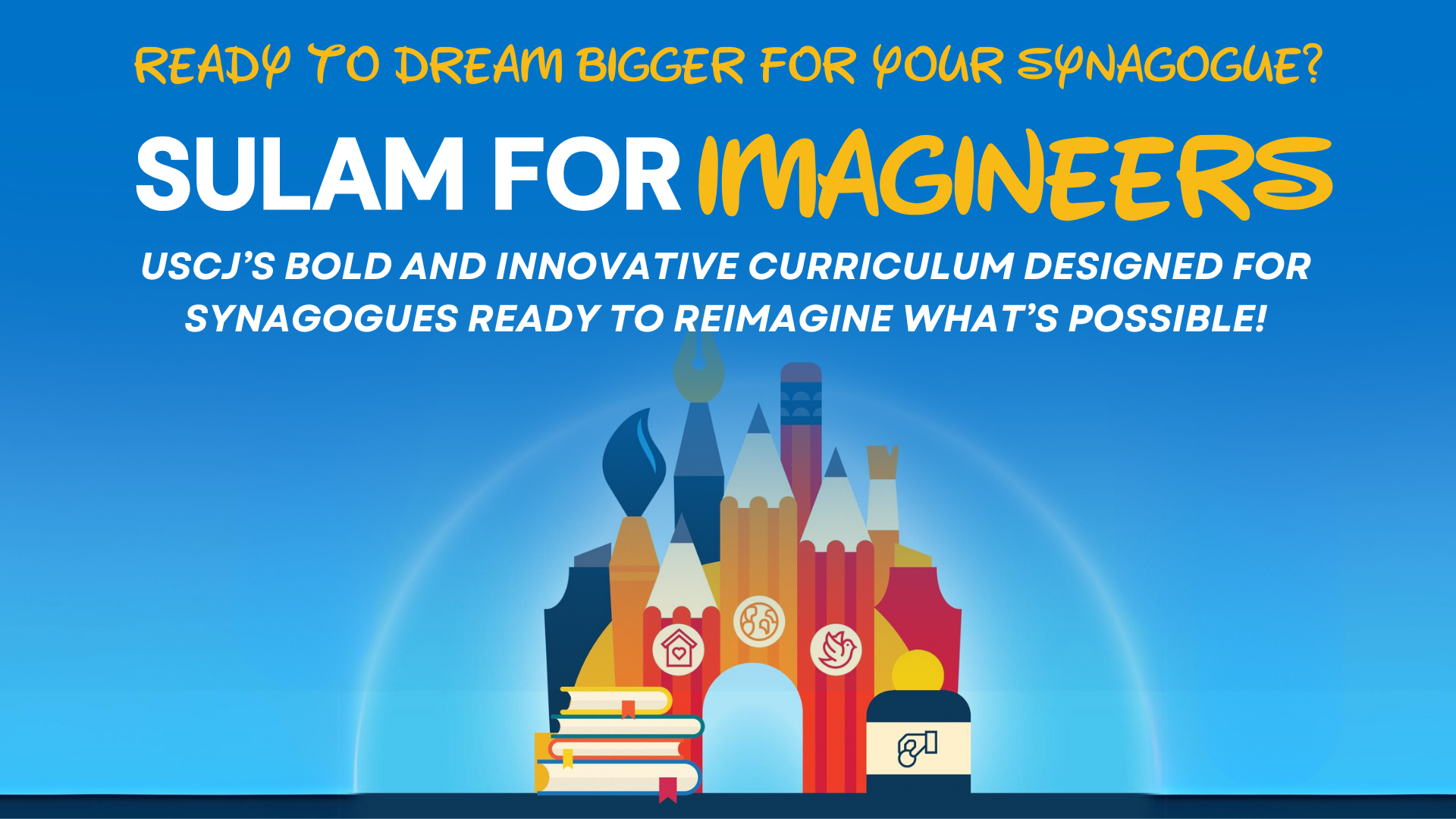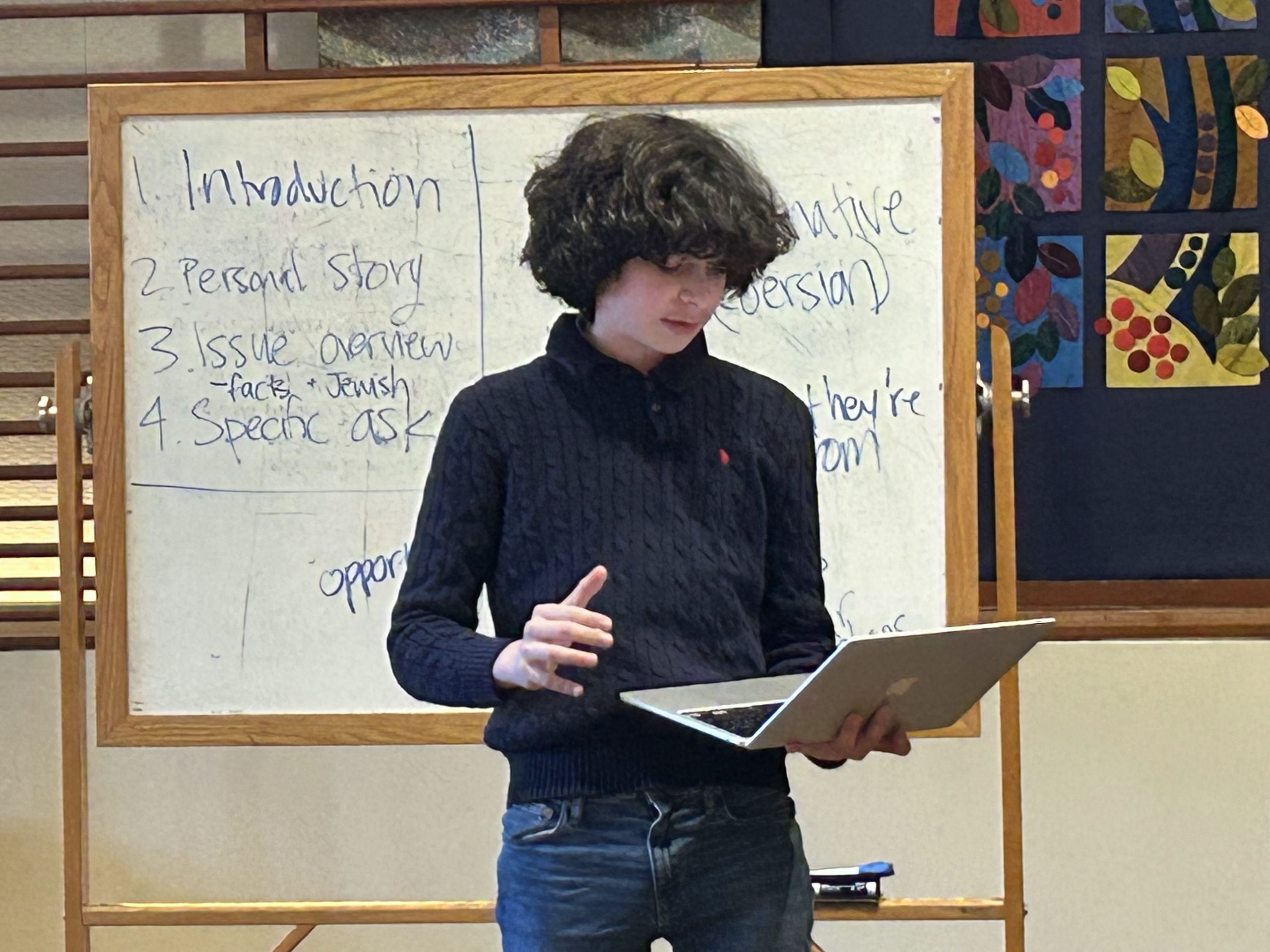The holiday of Passover presents a wealth of opportunities for learning and engagement for kids, adults, and families. Of course, there’s still value in the time-honored vehicles for family engagement that many synagogues use – like the good old-fashioned model Seder – but those who want to involve today’s families in Jewish learning and community should also consider some new approaches to family engagement on Passover.
Passover has a lot going on in terms of rituals, foods, and practices – which makes it particularly important to help families tap into the key themes of Passover and understand the ways in which these themes undergird the various rituals. It’s also crucial to help families connect to these themes personally so that they can explore the ways in which the central ideas of Passover have relevance for their lives.
Perhaps the most central theme of Passover is the theme of slavery and freedom. Freedom from enslavement is easy to talk about, but it can seem like an abstract concept to kids – and even to adults. How can a modern Jewish family in 2020 truly understand what it means to be enslaved – and what it means to be free?
One way to bring the reality and immediacy of slavery home to families is to help learners understand that slavery still exists today, and that we have a responsibility to respond to the suffering and injustice that it causes. The Passover Project is an initiative created by the organization Free the Slaves. The Passover Project provides resources and lesson plans that can be used with different age groups. For families with middle-grade (and older) kids, these resources could serve as the basis for an inspiring and meaningful family program in which families could learn about modern-day slavery and work together to create initiatives to educate the rest of their synagogue community about this issue.
Another key theme of Passover that presents possible avenues for engagement is the idea of Passover as a time of renewal and change. Many people associate Passover cleaning with drudgery – but it also presents opportunities for spiritual cleansing, revitalization, and the clarification of priorities. If your synagogue has an Early Childhood Center, you can enlist the kids in cleaning all of the chametz (leavened food products) out of the classrooms – including the “food” from the play kitchens and related items. The theme of cleaning and renewal also presents opportunities for parent engagement and learning. You could create a parent session about cleaning and de-cluttering, and invite a local personal organization expert or Marie Kondo consultant to share home organization and cleaning tips. This conversation could serve as a catalyst for exploring what it means to clean the spiritual clutter out of our homes and to create peaceful living spaces that facilitate our personal and family goals.
Of course, what would Passover preparation be without attention paid to food customs and traditions? Possibilities abound for engaging programs that can bring families together to learn about traditional Passover foods as well as ways to put new twists on some old favorites. Synagogues could bring families together for a charoset workshop featuring traditional recipes from different Jewish communities across the globe, with a chance for participants to assemble and taste the different selections. You could also bring families into the kitchen for an “Iron Chef”-style competition, challenging participants to create tasty Passover dishes out of select ingredients (think “Battle Matzah” or “Battle Horseradish”). For a parent engagement program, you could offer a workshop involving a local nutritionist, to help families navigate Passover meals while being responsive to the needs of picky eaters or kids with food allergies.
No matter which ideas you choose to highlight in your Passover family programs, may the deep themes of this holiday help you create meaningful scaffolding for initiatives that are joyful, engaging, and rich, and that inspire continued learning and connection.







